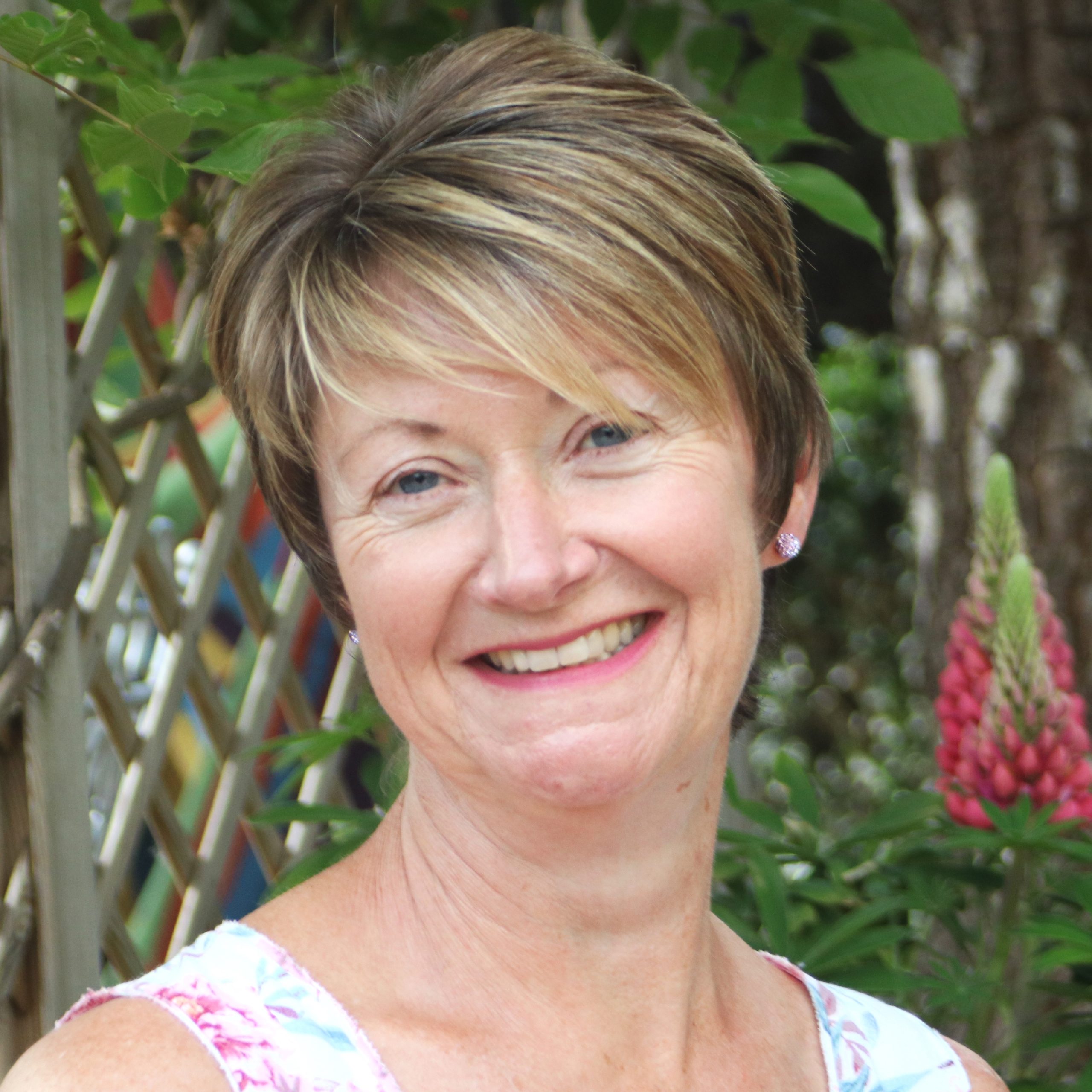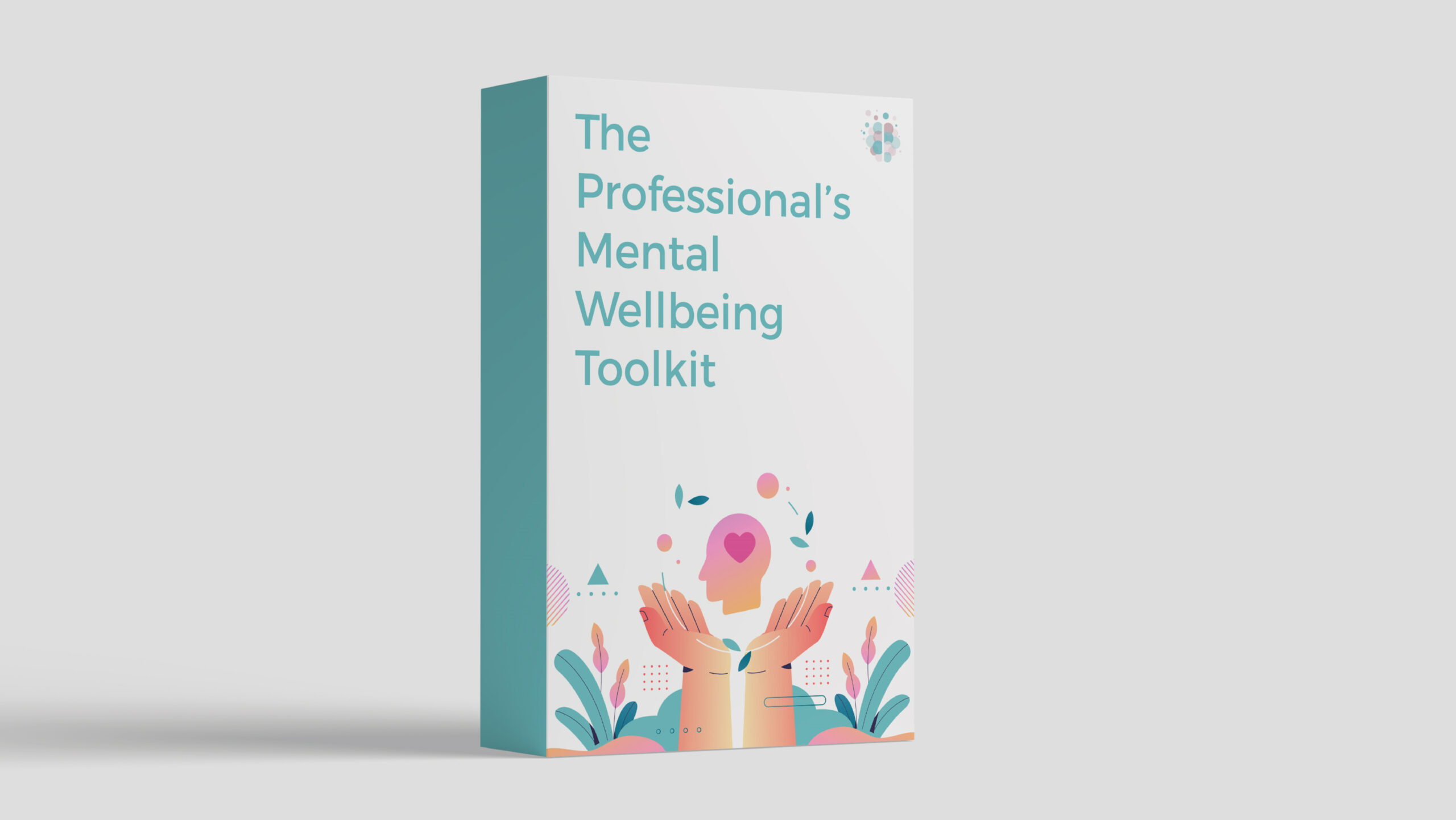Coaching is a non-advisory based approach using conversation to help an individual or group achieve their goals. Coaching is always client-led, with the coach first asking the client to identify their desired outcome for each session.
The aim of coaching questions is not for the coach to re-shape a client’s thinking, but to help the client recognise and re-shape their own.
Coaches use a number of techniques to encourage:
- Clarity of purpose and direction,
- Self-awareness,
- Broader thinking,
- Personal reflection,
- Identification of values,
- Possible actions,
- Achievement of the client’s desired outcomes.
A coach will often use powerful coaching questions to challenge the client to explore at a deeper level; for example, around self-talk, childhood narrative and fears that may be holding them back from achieving their goal.
They may provide clients with relevant learning materials to help stimulate these insights.
What Are Powerful Coaching Questions?
A powerful coaching question is anything which causes a client to think more deeply in order to elicit new awareness, insight and learning that helps them move towards their desired outcome or goal.
For the coach to achieve this, it’s vital that, at the start of any coaching session, both client and coach have clarity around the client’s desired outcomes for the session.
Powerful coaching questions are simple, clear, succinct, open and often reflect the client’s own language.
They can help the client identify factors that influence current and future patterns of behaviour, thinking or emotions.
In order for coaching questions to be effective, it’s important for the coach to provide a safe, secure environment, and ample time for the client to explore their answer.
Examples Of Powerful Coaching Questions
There are a vast range of powerful coaching questions.
Hypothetical questions can be particularly empowering for clients. For example, “If your fairy Grandmother could grant you one wish, what would it be?”
A question like this allows a client to explore something out of context and therefore come to a conclusion completely unencumbered by the complex reality of the situation.
The clarity brought about by the hypothetical question could be crucial in developing a decision.
Reflective coaching questions build rapport by demonstrating listening, as they playback what a client has said.
For instance:
Client: “I feel like I’m being asked to conduct an orchestra with my hands tied behind my back”
Coach: “Conduct an orchestra with your hands tied behind your back?”
Client: “Yeah, like I’m not in control of my own actions.”
Coach: “Not in control of your own actions in what way?”
This can encourage a client to challenge their own thinking and take a different perspective.
Another way of reflecting client’s language is to delve deeper into something they’ve mentioned.
For instance:
Client: “I’d like to feel more confident going into that situation.”
Coach: “What might help you feel more confident?”
Powerful coaching questions can also be born from a client’s body language or tone of voice.
A coach may observe and become curious to explore emotions given a client’s shift in posture or the client turning away for example.
Some questions here invite the client to explore this through gentle enquiry.
For example:
Coach: “I noticed that, when you were relaying that particular conversation, you became very animated. I’m curious. Are any specific thoughts or emotions coming up for you?”
Client: “Actually yes, I’m feeling quite angry.”
Coach: “What specifically is it that’s making you feel angry?”
Client: “I don’t feel that he was listening to my point of view.”
Coach: “What is it about you not being listened to that’s making you feel angry?”
Client: “It’s making me feel like my opinion doesn’t count.”
These types of questions encourage a deeper dive into any thoughts, feelings or emotions.
Sometimes this may lead onto insight around a particular value the client holds dear that they feel is not being respected, or a belief that could be preventing the client from moving forward or achieving their goal.
Towards the end of a coaching session, coaching questions can be used to transform learning and insight into action.
For example:
- What reflections do you have around what we’ve explored today?
- What have you learnt about your current situation?
- What have you learnt about yourself during today’s session?
- What might you do as a result of that learning?
- What might your next steps be?
- What will that enable you to achieve in terms of your overall goal?
- How will you take the learning from today forward towards your goal?
- How confident do you feel taking that next step?
- What else might help you to take that next step?
This encourages the client to reflect on their desired outcomes for the session, promotes client autonomy, and elicits action towards their goal.
Summary
- Always ask the client to clarify the outcome for each session. This helps to keep you and the client working towards their defined goal.
- Resist offering advice. The purpose of coaching is to enable the client to recognise and re-shape their own thinking and take accountability for their own actions and outcomes.
- Stimulate deep thought by asking powerful coaching questions and providing relevant learning materials which elicit new awareness, insight and learning.
- Create a safe environment, allowing time and space for your client to think through their responses – often, leaving silence allows the client to explore deeper.
- Relax into the conversation, remain curious and allow the client to inform the direction.
Build Your Coaching Toolkit
Want a library of practical tools to share with clients? Check out The Professional's Mental Wellbeing Toolkit today. It's "everything you need all in one place."


